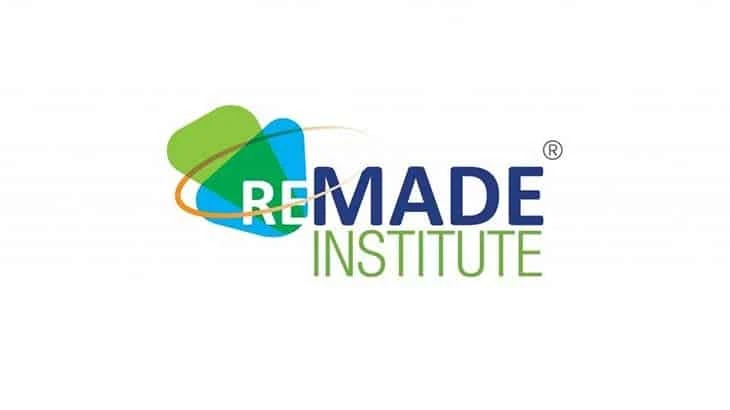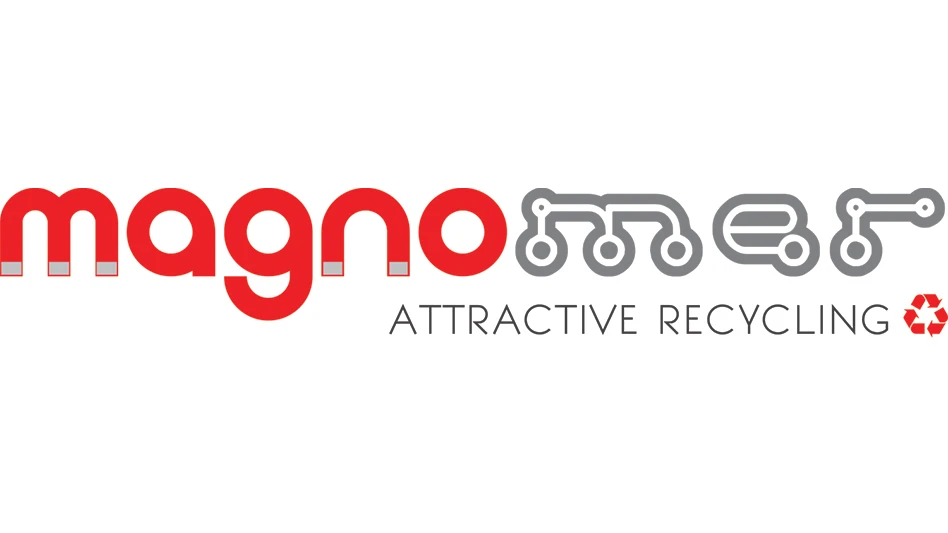
The Reducing Embodied-Energy and Decreasing Emissions (REMADE) Institute, Rochester, New York, has announced $33.2 million in new technology research. The institute selected 23 new projects as part of its latest round of funding to transition the U.S. into a circular economy.
"The transition to a net-zero greenhouse gas economy will require an unprecedented reduction in the embodied energy and carbon emissions associated with foundational industrial materials in every critical sector," says Kelly Speakes-Backman, principal deputy assistant secretary for energy efficiency and renewable energy at the Department of Energy (DOE). "By investing in technologies that improve our ability to reuse, recycle and remanufacture these materials, DOE is moving America toward a circular economy and reducing carbon emissions across the manufacturing sector."
The institute's fifth round of investing is cost-shared between DOE's investment in REMADE and the funding recipients. The 23 research and development projects are expected to develop technologies capable of:
- increasing collection of recyclables by as much as 8.9 million metrics tons per year;
- saving up to 407 petajoules (PJ) of embodied energy per year, the equivalent of conserving 66.5 million barrels of oil per year; and
- decreasing greenhouse gas emissions by as much as 24.1 million metric tons per year, eliminating the annual emissions of more than 5.2 million cars.
The 23 projects include work from Volvo, BorgWarner, BigBattery, Pratt & Whitney, Mercury Marine, Alfred University, Auburn University, Lehigh University and others. They join the institute's existing partners, including industry innovators and academic researchers with Ford Motor Co., Caterpillar, John Deere, Michelin, Nike, MIT, RIT, Unilever, Yale University and more.
REMADE Chief Technology Officer Magdi Azer says the institute's research seeks to increase circularity for four energy-intensive material classes: metals, plastics/polymers, fibers and electronic waste.
"REMADE's projects address multiple aspects of the circular economy, including reuse, remanufacturing, recovery and recycling," Azer says. "These latest R&D projects will, for example, explore better ways to repair aerospace components, develop an automated disassembly process for electric vehicle batteries and provide quick and accurate estimates of the state-of-charge and state-of-health for lithium-ion batteries."
REMADE CEO Nabil Nasr says the connection between industrial development and climate change is significant. According to the DOE, manufacturing accounts for 25 percent of U.S. energy consumption at a cost of approximately $150 billion. Based on data from the EPA, the industrial sector is the third-largest contributor to greenhouse gas emissions in the nation, after transportation and electricity, at 23 percent.
"A circular economy is critical," Nasr says. "If we don't reduce industrial energy consumption and industrial emissions, research shows we will only get a little more than halfway to net-zero by 2050, about 55 percent of the way. A circular economy approach to how we manufacture and use everyday products is needed to get us to net-zero."
In 2021, REMADE has funded or selected 45 projects for negotiation, representing $65.8 million in investment. Since the institute's founding in 2017, REMADE has launched 84 projects, representing a total combined value of $85.6 million.
REMADE says it expects a sixth round of funding to be announced next year.
Latest from Recycling Today
- Haber raises $44M to expand to North America
- Canada Plastics Pact releases 2023-24 Impact Report
- Reconomy brands receive platinum ratings from EcoVadis
- Sortera Technologies ‘owning and operating’ aluminum sorting solutions
- IDTechEx sees electric-powered construction equipment growth
- Global steel output recedes in November
- Fitch Ratings sees reasons for steel optimism in 2025
- P+PB adds new board members





